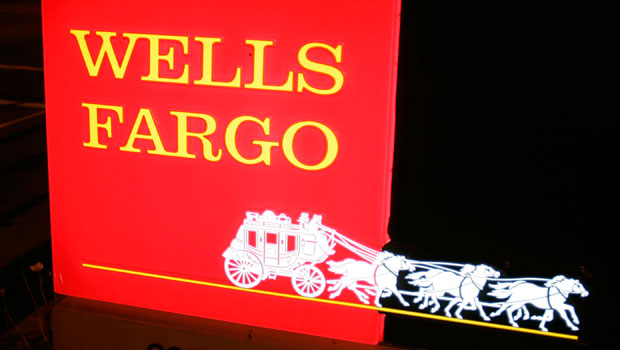The banks said the settlement will resolve all claims related to the dispute.
Citigroup had originally sought as much as $60 billion of damages from Wells Fargo for derailing its September 2008 agreement to buy large portions of Wachovia and quadruple its US branch presence.
“This could have dragged on forever, and sometimes I think you're better just settling and moving on,” said Anton Schutz, president of Mendon Capital Advisors in Rochester, New York, which owns shares of both banks.
“If Citigroup had gotten Wachovia, the financial returns would have been significant,” said Schutz. “But it might have made it harder for Citi to do some of the things they're doing now, like getting leaner.”
He said the $100 million amount seemed low relative to the stakes in the dispute.
Citigroup had initially agreed to buy much of Charlotte, North Carolina-based Wachovia for $2.16 billion. Wachovia was struggling with soaring losses on mortgage loans, and the agreement with New York-based Citigroup called for Federal Deposit Insurance Corp to share in those losses.
Wells Fargo, based in San Francisco, then bid a much larger sum for all of Wachovia, in a takeover that did not require FDIC support. The $12.5 billion merger closed at the end of 2008, roughly doubling Wells Fargo's size and giving it the largest US retail branch banking network.
Citigroup and Wells Fargo are the nation's third- and fourth-largest banks by assets.
The failed Citigroup bid was one of the last straws for that bank, which was forced to accept three US government bailouts in late 2008 and early 2009 and briefly saw its share price fall below $1.
By buying Wachovia, Citi would have been able to expand its relatively small US retail branch network to compete with larger retail banking rivals such as Bank of America Corp and JPMorgan Chase & Co.
Chief Executive Vikram Pandit has since slimmed Citigroup down, shedding assets not needed for its main banking operations, and refocusing on wealthy, urban customers worldwide.
Still about 11 percent owned by the government, Citigroup has abandoned ambitions of competing for a broad share of the US consumer banking market.
In a presentation this week, Americas consumer bank head Manuel Medina-Mora told investors that emerging markets would drive more than half of Citigroup's revenue growth over the next three years.
In July 2009, a federal judge had rejected Citi's argument that Wachovia lacked the authority to accept Wells Fargo's offer, but Citigroup continued to seek damages.










